Yunnan small grain coffee taste characteristics Yunnan coffee growing area varieties introduction which brand of Yunnan coffee beans is good?
Professional coffee knowledge exchange more coffee bean information please follow the coffee workshop (Wechat official account cafe_style)
For more boutique coffee beans, please add private Qianjie coffee on Wechat. WeChat account: qjcoffeex
Yunnan small grain coffee is actually a small fruit grown in Yunnan, which is what we often call Arabica coffee.
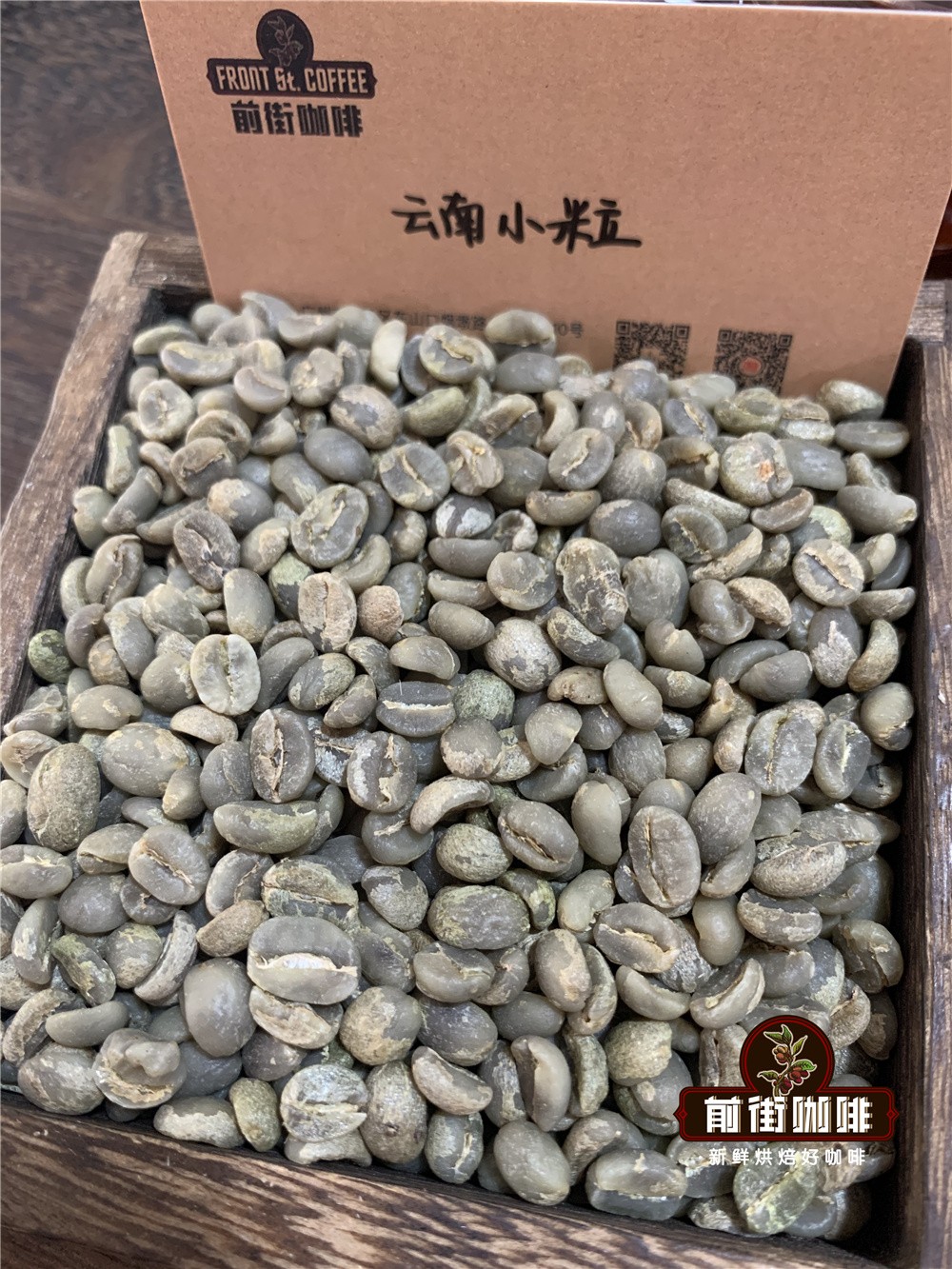
Planting history of small-grain coffee in Yunnan
In 1892, when the French missionary successfully planted the first coffee tree in a place called Zhukula for his own coffee needs, he might not have thought that a hundred years later coffee would become a bright spot of characteristic agriculture on the Yunnan plateau. According to the records at that time, this is a small fruit of coffee. Therefore, the coffee beans taken out in the end are very small, so the coffee made by Chinese people is small.
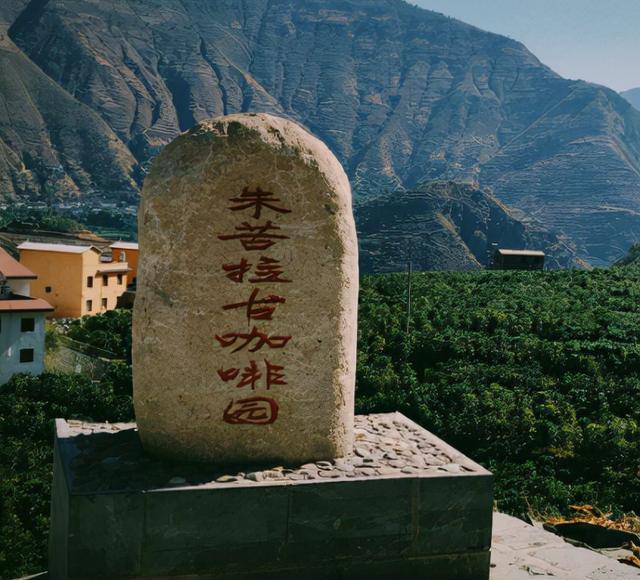
Later, after the determination of the research scholars, the first coffee variety planted in Yunnan was the iron card variety, which is the oldest variety in the Arabica family. Later, the emergence of other varieties, are the natural evolution of iron pickup and hybrid. The biggest powder flavor of this variety lies in its clean and balanced flavor, which has a charming sweetness.
At first, Chinese people had no demand for coffee, so coffee trees were used as ornamental plants around the church for missionaries and their apprentices to drink. Later, in order to repay the debts of the Soviet Union, in the 1950s, Yunnan coffee cultivation areas expanded to Yingjiang, Longchuan, Ruili, Luxi, Baoshan, Jinghong, Binchuan, Dayao and Yuxi Xinping, mainly exported to the former Soviet Union and the former Eastern European socialist countries. At that time, the scale of coffee cultivation reached 4000 hectares.
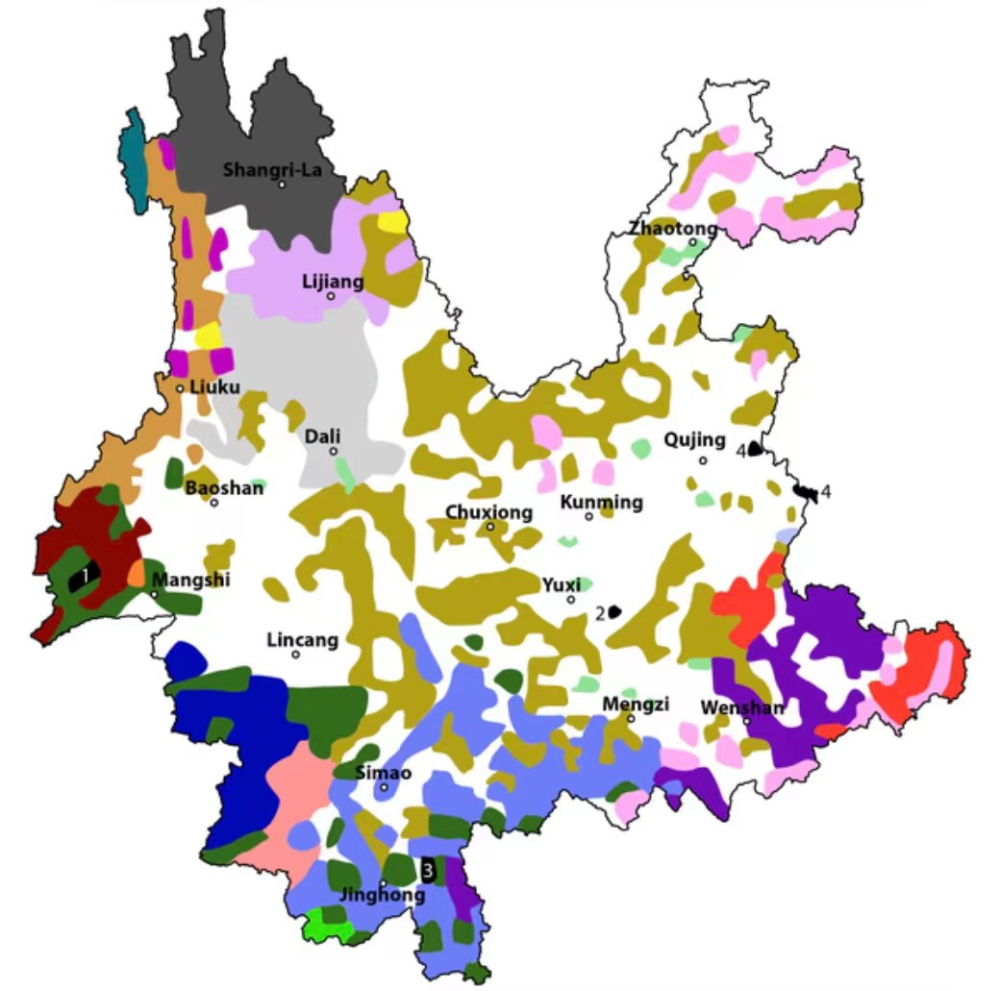
By the late 1950s and early 1960s, coffee exports were also affected by the gradual interruption of economic ties with the former Soviet Union and Eastern European countries. At that time, coffee consumption was regarded as a capitalist way of life in China. therefore, due to the lack of market basis and the high cost of planting and maintenance of iron pickups, people cut down coffee trees to plant other cash crops one after another. as a result, the production of small-grain coffee in Yunnan has almost completely come to a standstill.
In the early 1980s, Nestl é took a fancy to Yunnan, a treasure land, and distributed Katim coffee varieties, which are easier to grow vigorously, which led to the resumption of Yunnan coffee production and new development.
In the early 1990s, coffee production in Yunnan began to enter a period of rapid growth, and new varieties were constantly introduced, such as the current Bourbon varieties in Yunnan, during which they were introduced and planted. New varieties are introduced according to the needs of international buyers, but international buyers do not guarantee the complete purchase of coffee. When there are great fluctuations in the coffee market in the international market, coffee growers in Yunnan began to experience a severe test.
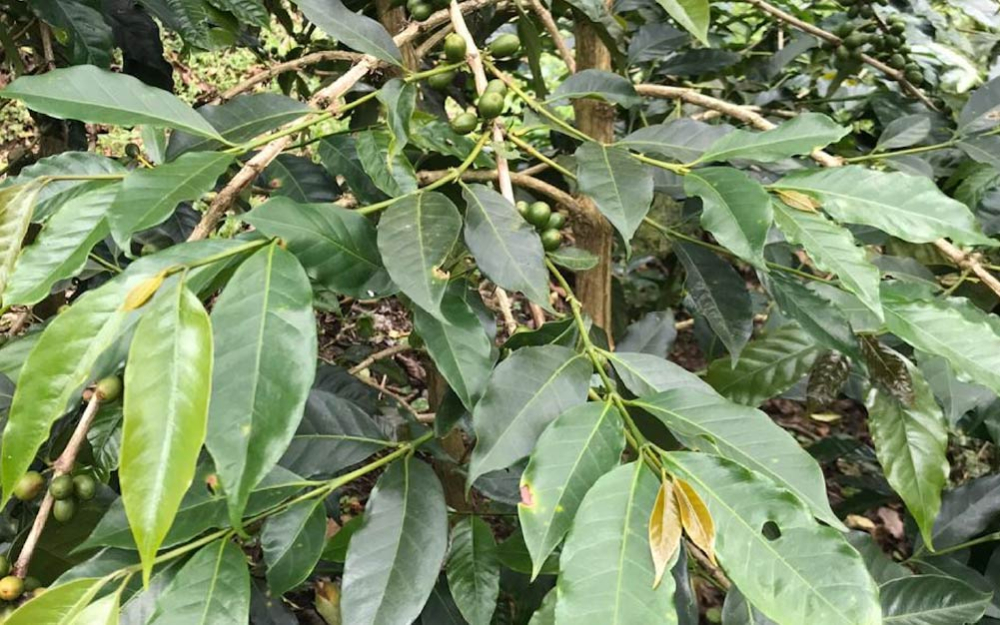
Due to the earliest reputation of Yunnan small-grain coffee in the world, and the habitual understanding of the market for a long time, Yunnan coffee is widely known as Yunnan small-grain coffee. This has gone against the objective facts of later planting and development, and at the same time, Yunnan coffee has been introduced into a way of extensive management, so many coffee consumers do not have a particularly good impression of Yunnan coffee.
Different varieties have their own different tastes and styles, just like we choose rice. Even, in areas with different geographical and climatic conditions in Yunnan, the same variety shows its different taste "personality" combined with local soil.
Extensive management not only obliterates the variety differences of different styles, but also makes the once famous Yunnan name-"Yunnan small Grain Coffee" loaded with things that do not belong to it. This is more caused by the lack of attention to the cultivation of coffee in Yunnan and the treatment of coffee beans.
Main varieties of Yunnan small Grain Coffee
Typica and Bourbon, two classic high-quality coffee varieties, are the main coffee varieties cultivated in Yunnan, with a clean, balanced and refined coffee flavor, and the Katimo Catimor series was introduced from Kenya in 1991 (stronger anti-virus ability and higher yield, but less flavor than iron pickup and bourbon). A variety of Arabian species (also known as small seed species). Because the morphology and habits of the two varieties are similar, the two varieties are mostly mixed.
Although there is a more scientific way of growing coffee in Yunnan in the past ten years, the coffee bean processing is also more meticulous, and there is a very big gap in flavor with the past. Traditional washed and sunburned Katim coffee beans can also show a relatively clean flavor.
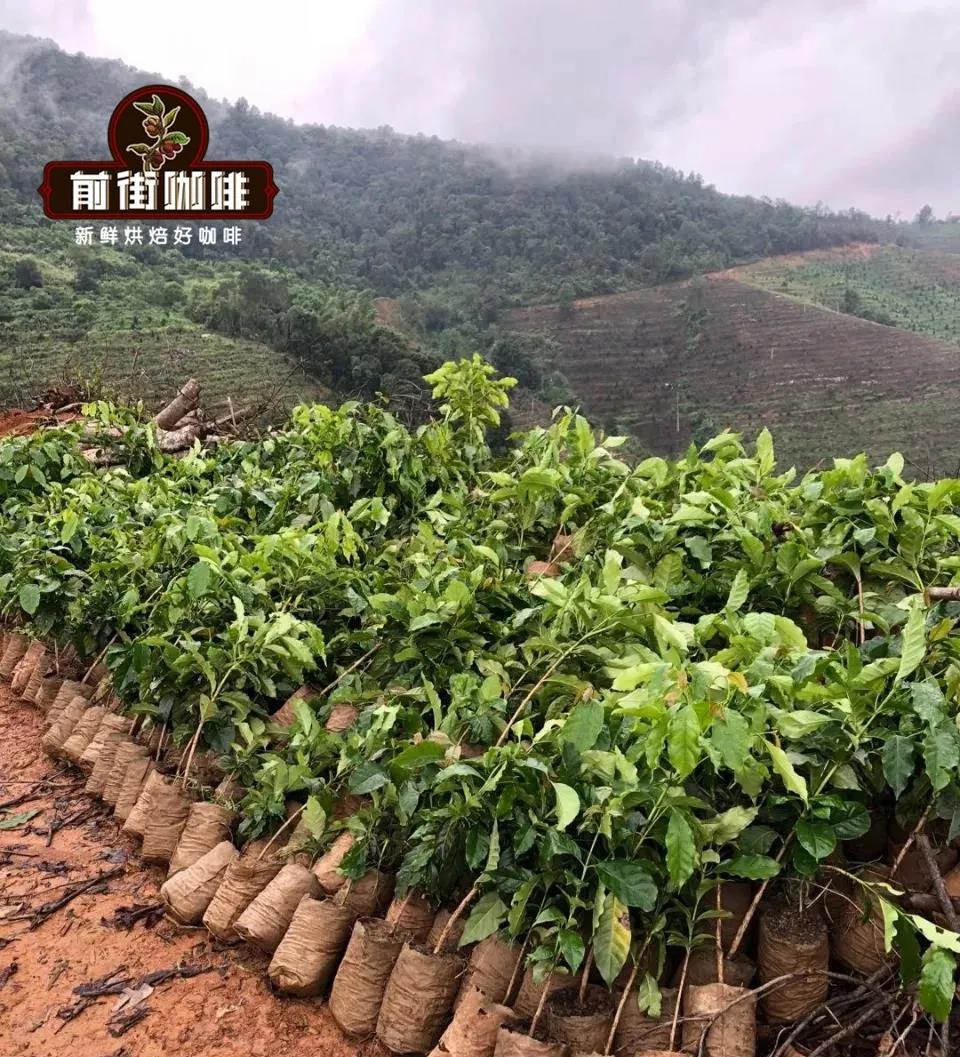
But Qianjie Coffee believes that if Yunnan coffee can really become a boutique coffee, the variety is very important. So in 2013, Qianjie began growing iron-pickup coffee beans on a 1300m mountain in Lincang, Yunnan province. Compared with the Katim variety, Yunnan iron pickup can show a more obvious sense of sweetness, as well as a very charming black tea back to sweet, sweet and bitter balance.
The main producing areas of small-grain coffee in Yunnan
Small-grain coffee is suitable for growing in the mountain area of 800 meters above sea level. If the altitude is too high, it will taste sour, and if it is too low, it will taste bitter. Small grains of coffee are mostly planted in dry and hot valleys at an altitude of 1100 meters above sea level, so they are moderately sour, rich and mellow. There is a unique environment suitable for the growth of small seed coffee in many areas of Yunnan, and the quality of small seed coffee is excellent.
The planting areas are mainly distributed in Lincang, Baoshan, Simao, Xishuangbanna, Dehong and other states. At present, the best Yunnan small grain coffee comes from Baoshan and Lincang, more than 1200m. The temperature difference between day and night can slow down the growth of coffee and form more coffee flavor.
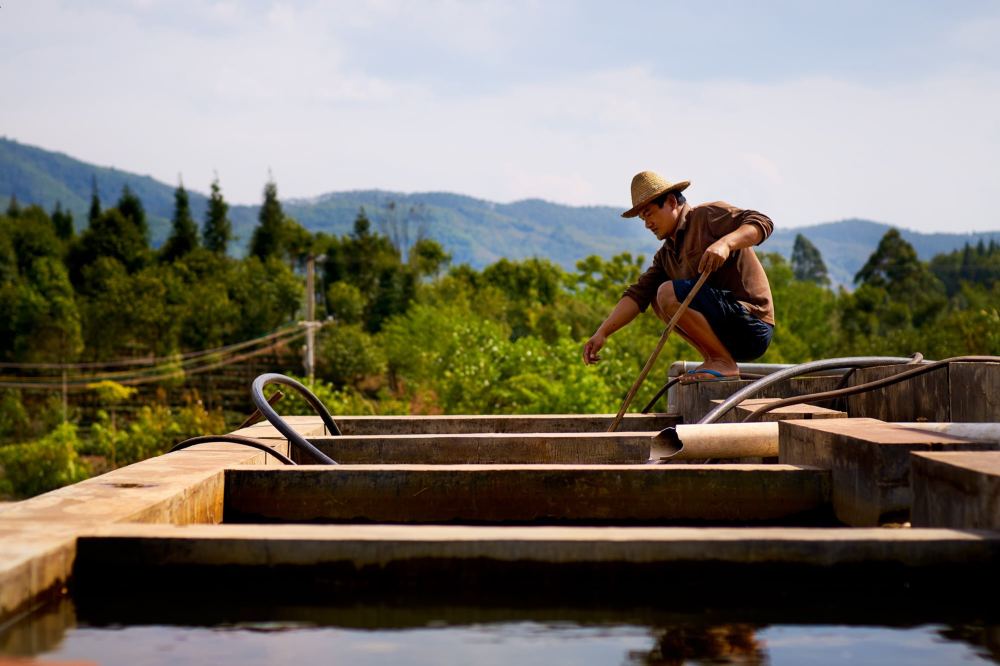
The average temperature of Lujiang dam in Baoshan is 21.5 ℃, the highest is 40.4 ℃, and there is almost no frost all the year round. The small-grain coffee cultivated here is strong but not bitter, fragrant but not strong, well-proportioned, mellow and fruity, so it is recognized as the best producing area of small-grain coffee. After inspecting the coffee planting and primary processing base in Yunnan, the international coffee organization tasting experts rated Yunnan coffee as the kind of small seed coffee processed by Columbian wet method, which is the highest quality coffee in the world.

The place where Qianjie Coffee grows Iron pickup Coffee is on a mountain near the Burmese border in Lincang. The elevation and latitude of Lincang are basically similar to those of Colombia, a big coffee country in the world. with the advantages of the tin card variety itself, the coffee taste can show the same sweet caramel and delicate raspberry acid as the coffee grown in Colombia. there are also soils in Yunnan that bring back sweetness like black tea.
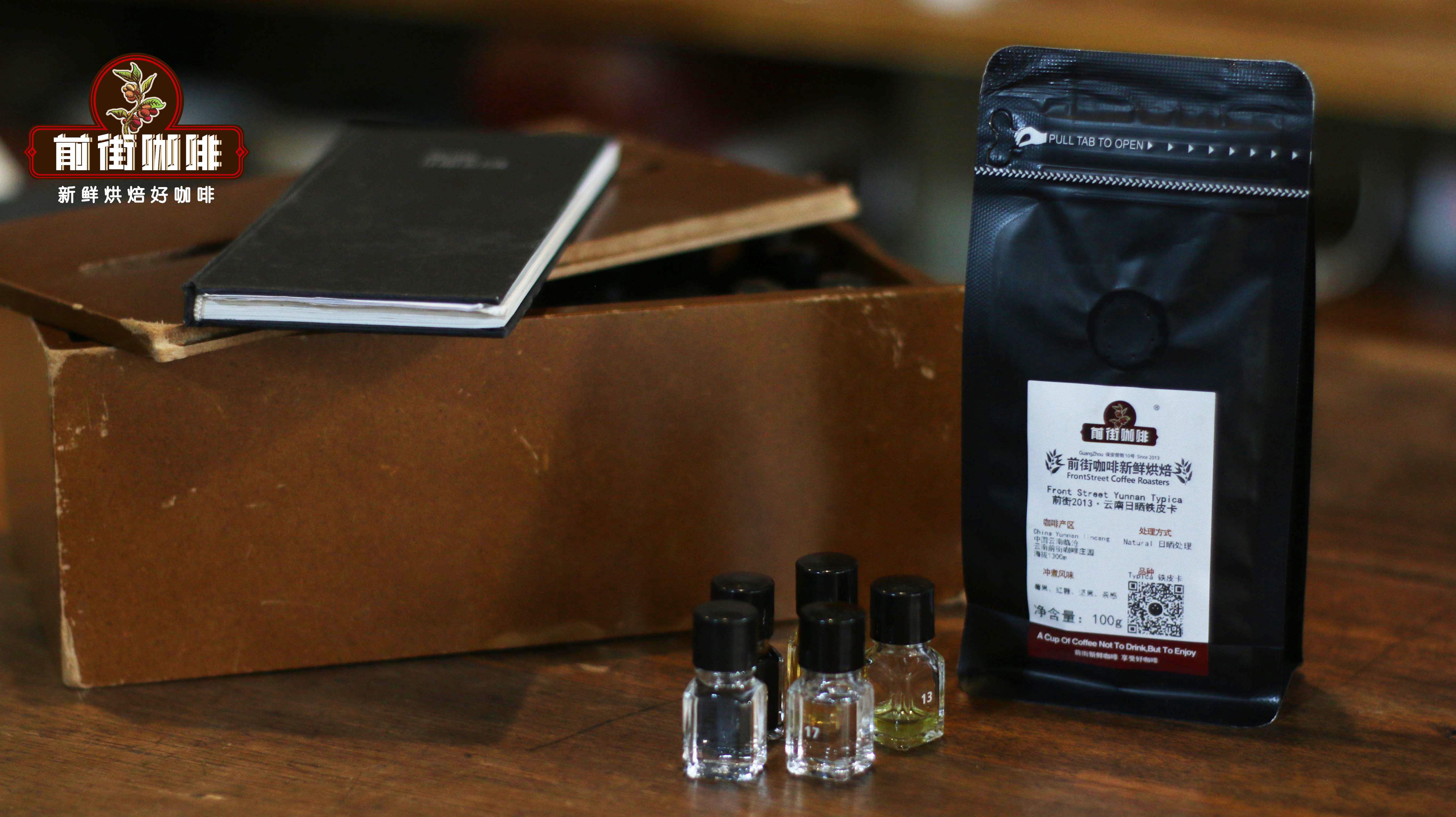
Important Notice :
前街咖啡 FrontStreet Coffee has moved to new addredd:
FrontStreet Coffee Address: 315,Donghua East Road,GuangZhou
Tel:020 38364473
- Prev

Description of the characteristics and Flavor of Yunnan small-grain Coffee varieties
Professional baristas please follow the coffee workshop (Wechat official account cafe_style) small Coffee and Yunnan Coffee Coffee originated in Africa, all the complicated and confusing stories of coffee are inseparable from this basic fact about Africa. China first planted it in Taiwan in 1884. In 1908, Hainan Island, Yunnan and Guangxi began to introduce planting. 1914
- Next
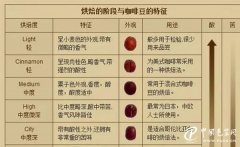
Brief introduction of Brand recommendation of Yunnan Coffee Bean producing area description of Historical characteristics and Flavor of Yunnan small Coffee
Exchange of professional baristas Please follow the Coffee Workshop (Wechat official account cafe_style) A brief introduction to Yunnan Coffee the Lujiangba in the dry-hot valley of Baoshan is the tropical treasure house of Baoshan. The average temperature in the dam is 21.5℃, the highest is 40.4℃, and there is basically no frost all the year round. The small grains of coffee cultivated here
Related
- Detailed explanation of Jadeite planting Land in Panamanian Jadeite Manor introduction to the grading system of Jadeite competitive bidding, Red bid, Green bid and Rose Summer
- Story of Coffee planting in Brenka region of Costa Rica Stonehenge Manor anaerobic heavy honey treatment of flavor mouth
- What's on the barrel of Blue Mountain Coffee beans?
- Can American coffee also pull flowers? How to use hot American style to pull out a good-looking pattern?
- Can you make a cold extract with coffee beans? What is the right proportion for cold-extracted coffee formula?
- Indonesian PWN Gold Mandrine Coffee Origin Features Flavor How to Chong? Mandolin coffee is American.
- A brief introduction to the flavor characteristics of Brazilian yellow bourbon coffee beans
- What is the effect of different water quality on the flavor of cold-extracted coffee? What kind of water is best for brewing coffee?
- Why do you think of Rose Summer whenever you mention Panamanian coffee?
- Introduction to the characteristics of authentic blue mountain coffee bean producing areas? What is the CIB Coffee Authority in Jamaica?

